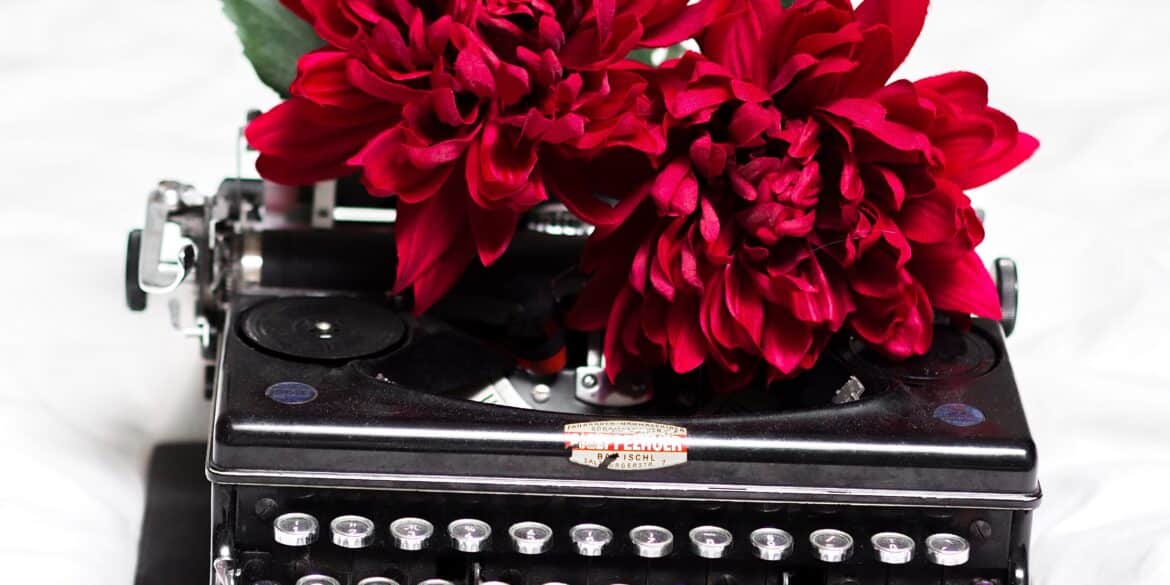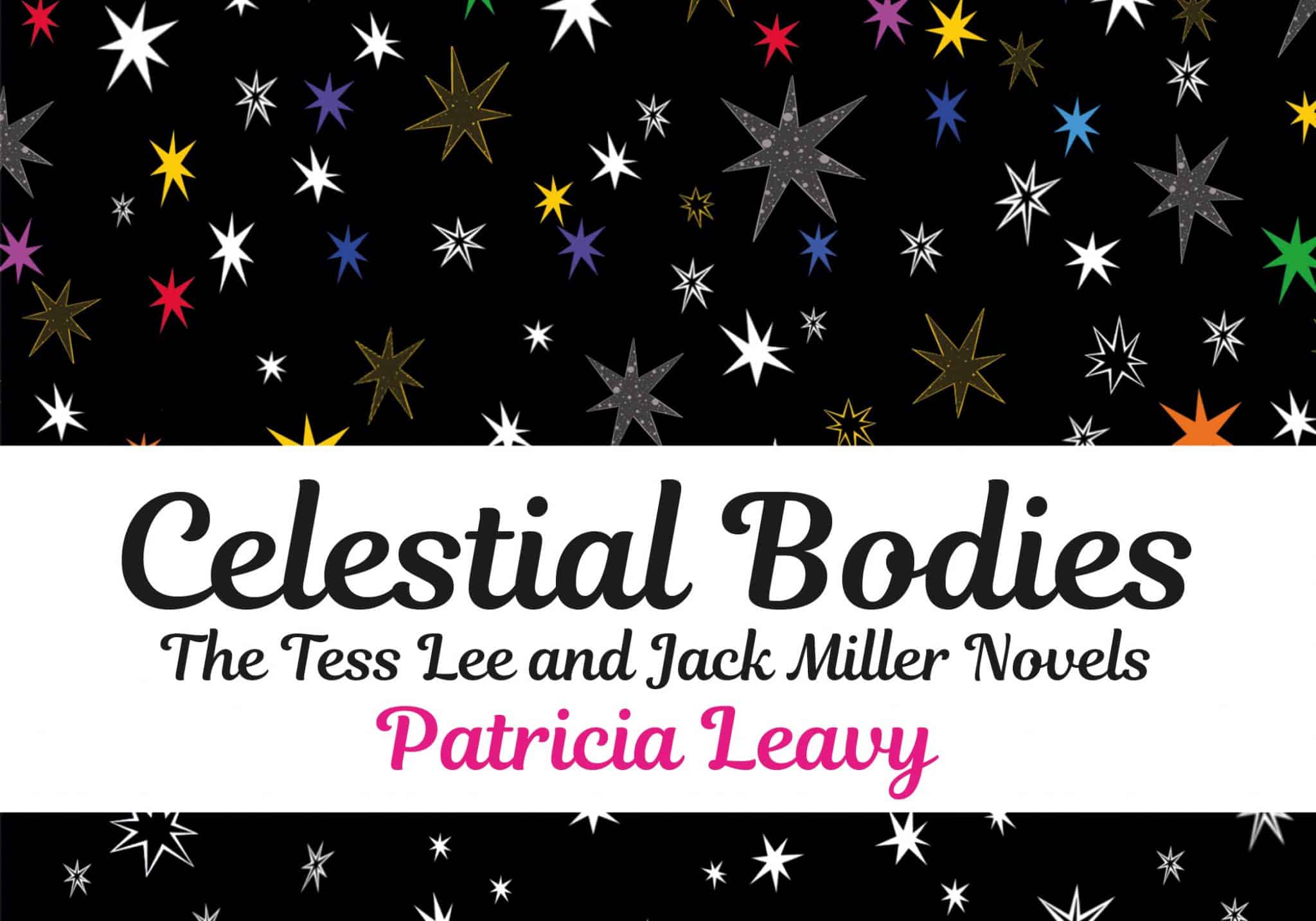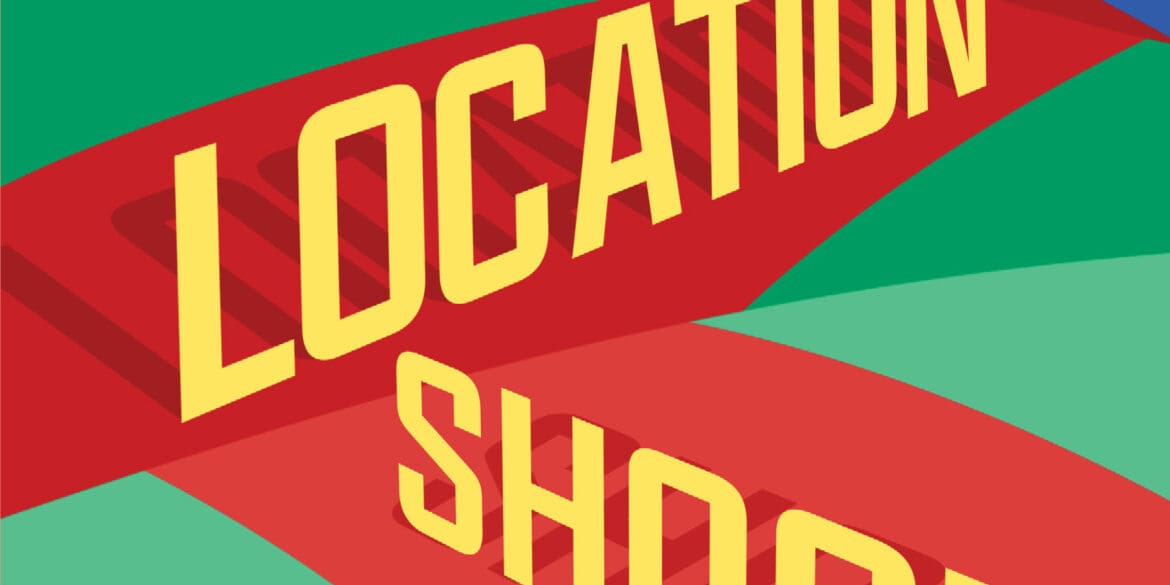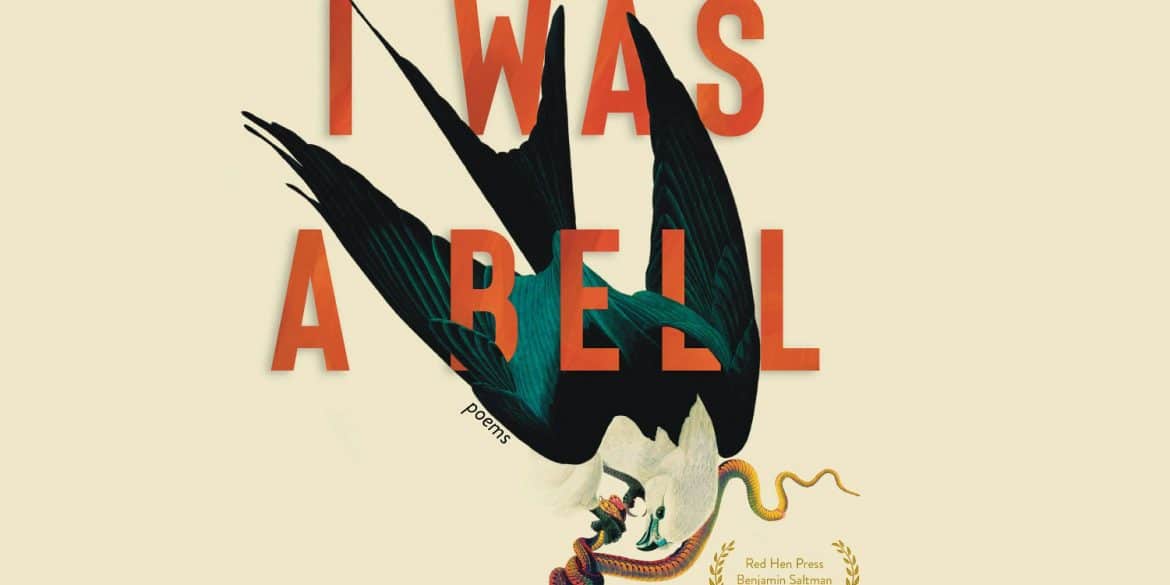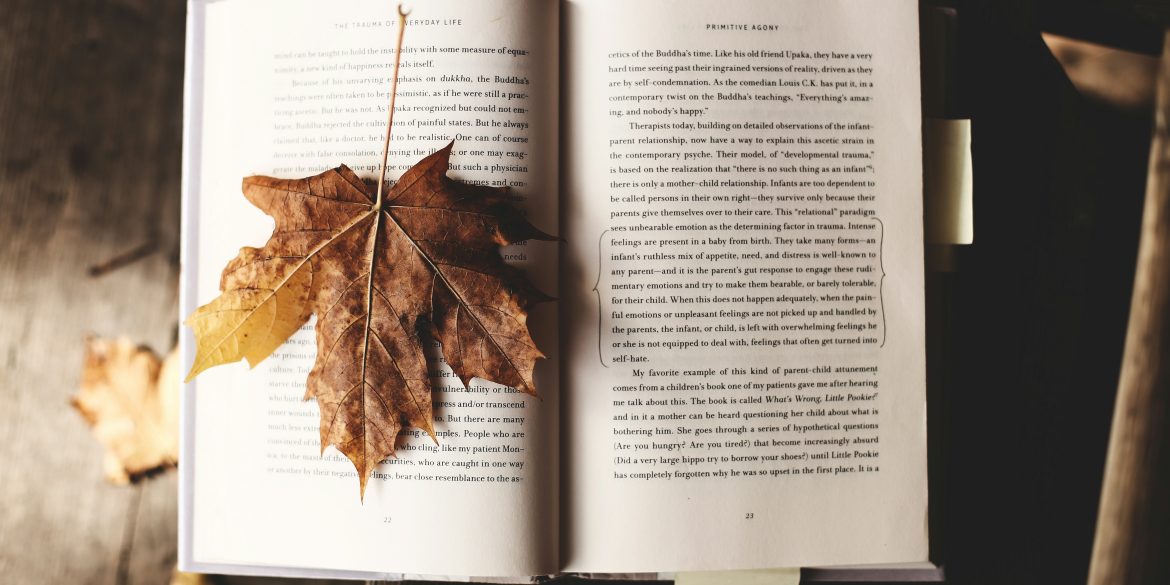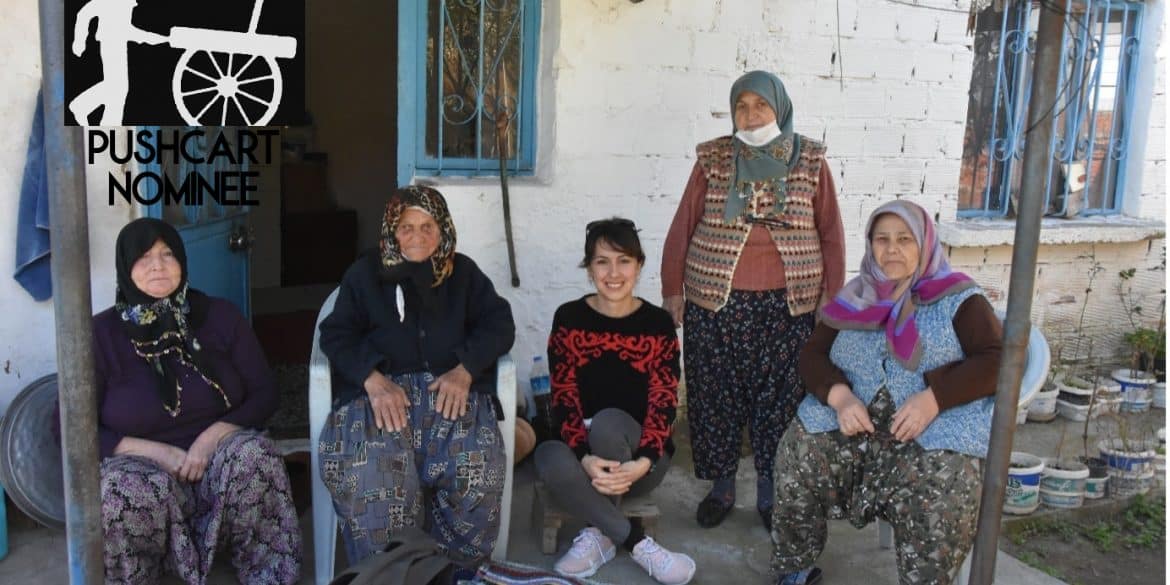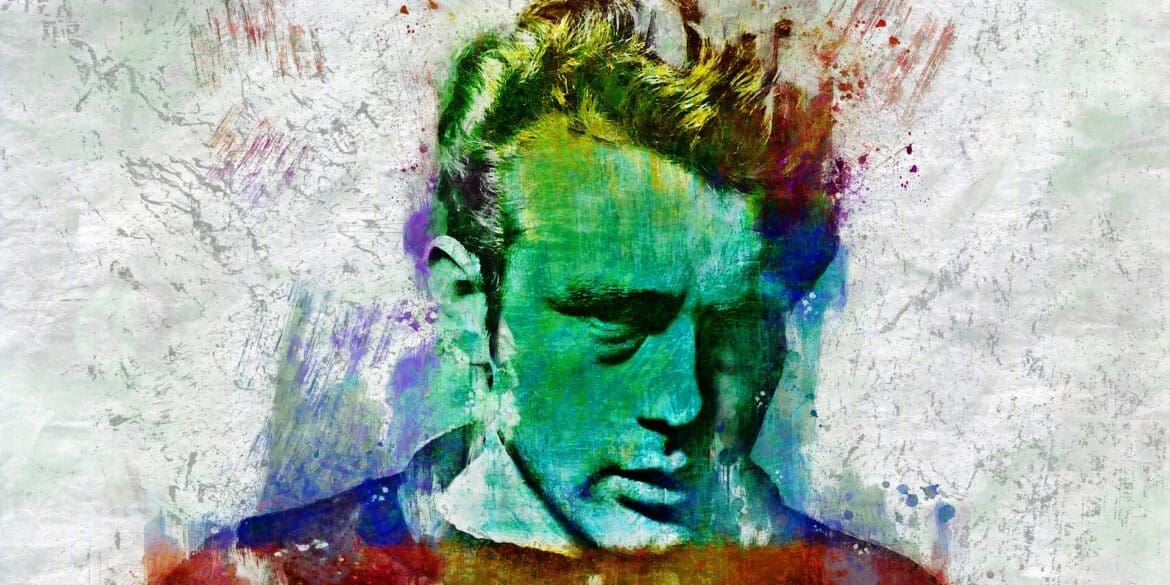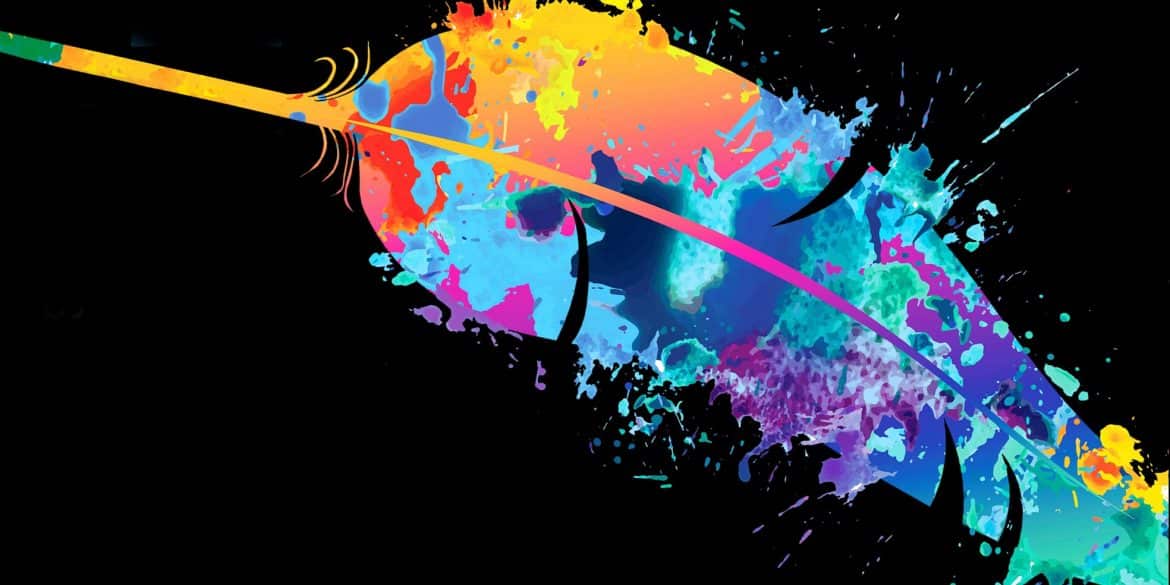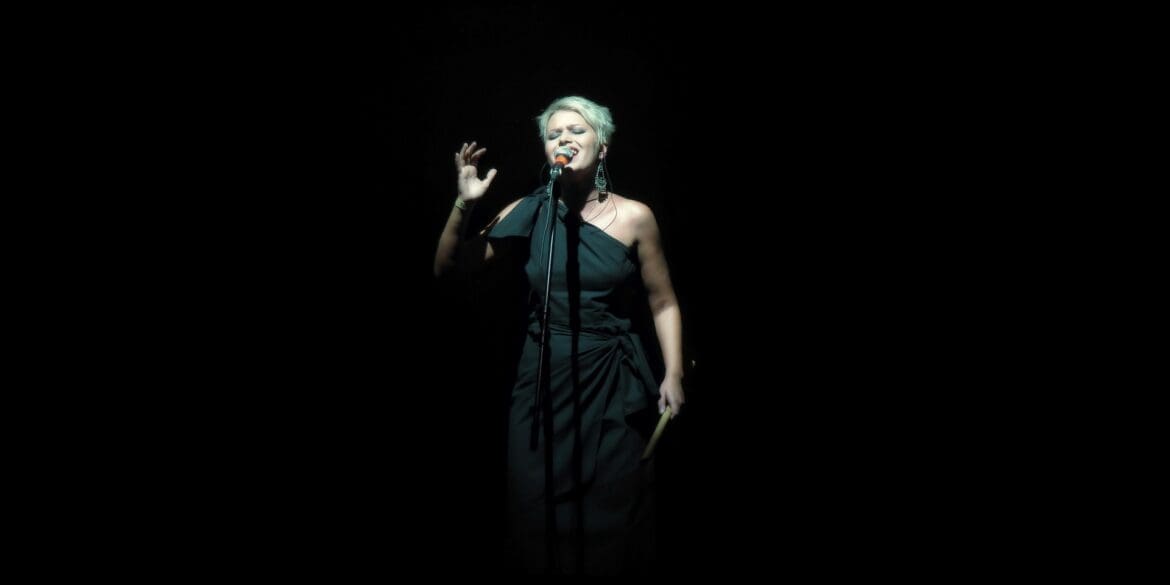In the women’s history month, The AutoEthnographer supported "Her Story Leads: Amplifying Women’s voices through digital storytelling".
Lina Fe Simoy·
All ContentAutoethnographic EssaysAutoethnographic PoetryFrom the EditorsMoreVolume 3, Issue 2 (2023)
··5 min readThere are multiple approaches to find one's poetic voice depending on the lens one chooses as a part of the author’s creative process.
"In my interview with award-winning author Patricia Leavy on literary research, we also discuss her evolution from academic to novelist, her genre of "social fiction," and her latest novels series, Celestial Bodies."
This is a conversation with Patricia Leavy about writing fiction during the pandemic and her new novel, The Location Shoot.
"I’ve already resisted that scholarship is not creative and poetry is not part of my scholarly self. I think the idea of autoethnography allows for that cultural divide between the creative and academic to be really disrupted."
Book Review: Revealing the Mantra of Trauma Author’s Memo This review of The Trauma Mantras seeks to convey the profound...
Dilek Isler Hayirli·
All ContentAutoethnographic Art & MultimediaEducationFrom the EditorsMoreReflections on MethodVolume 2, Issue 3 (2022)
··13 min read"I had not been aware that this emotional research was also performing autoethnography, collecting memories from the field"
"Dr. Nadine Khair discusses why autoethnography is essential to successful businesses in this latest podcast."
In the following interview with award-winning author, Patricia Leavy, we discuss writing fiction and her new novel Hollyland.
The otherness is not somewhere out there. It’s in me. Still, my search did not stop to this discovery. It took me profoundly even further. It took me to love and poetry.
"In our latest chat, Patricia Leavy discusses the evolution of the self-coined social fiction genre and offers a sneak peek at her latest publication, Film Blue."
I offer the following five poems to you. I hope that when you read/hear them you see a way into your own stories and ideas of poetic voice.



